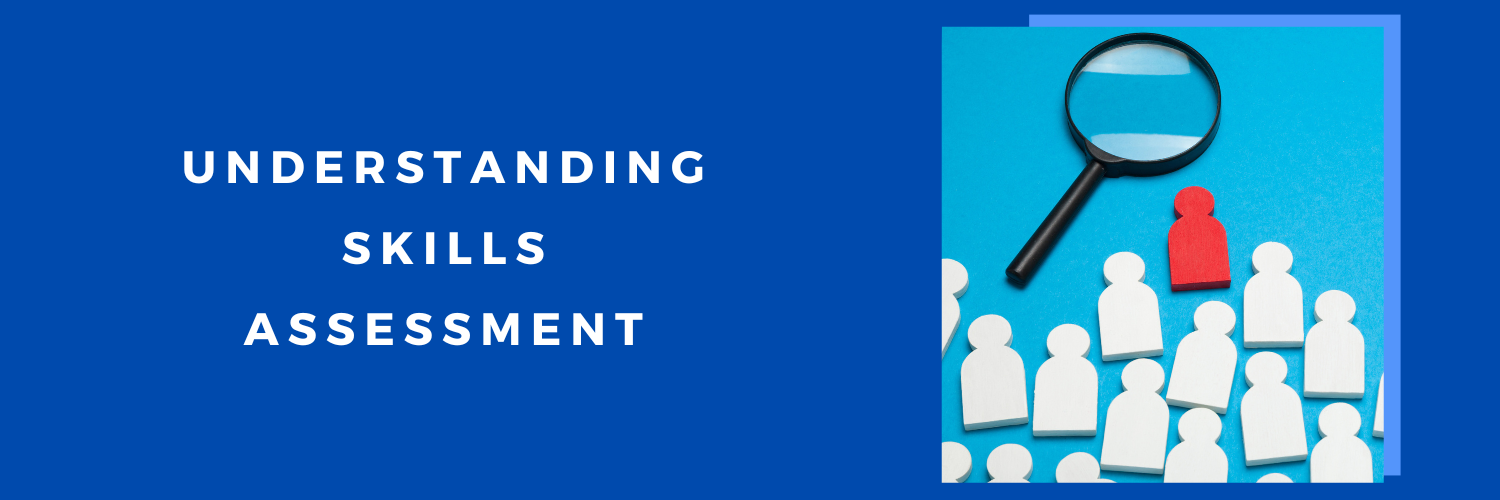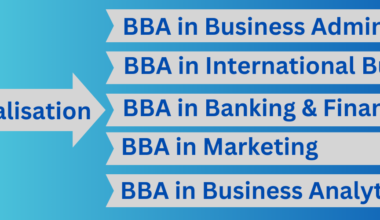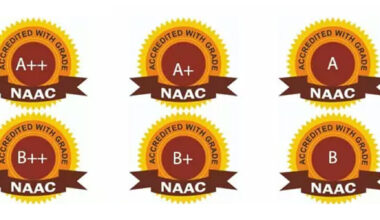In today’s fast-paced professional world, mastering the art of skill assessment can be your ultimate advantage. Whether you’re a job seeker, a manager, or an HR professional, understanding skills assessment is like having a secret superpower.
A skills assessment is like a magnifying glass for talents. It’s a structured way to measure what someone knows, what they can do, and how well they do it. Forget guesswork; skills assessment provides real data on performance and potential. Organizations use it to decode their workforce’s abilities and pinpoint areas for growth.
In this blog, we will explore the importance of skills assessment and more.
Why is skill assessment important?
Effective hiring decisions:
- Recruitment Process: When organizations hire new employees, they want to ensure a good fit. Skills assessments allow HR professionals to evaluate candidates objectively.
- Matching Skills: By assessing candidates’ skills and competencies, recruiters can match them to the job requirements. This reduces the risk of hiring someone who lacks essential skills.
Enhanced Employee Development:
- Individual Growth: Skills assessment isn’t just for new hires. It’s equally valuable for existing employees. Identifying strengths and weaknesses helps tailor development plans.
- Customized Training: Once weaknesses are pinpointed, targeted training programs can be designed. Employees receive relevant training to enhance their performance.
Optimized Performance Management:
- Setting Expectations: Assessing skills helps to establish clear performance expectations. Employees know what’s required, leading to better alignment with organizational goals.
- Feedback Loop: Regular assessments provide a feedback loop. Constructive feedback guides employees toward improvement, benefiting both individual growth and company success.
Identification of Skills Gaps:
- Strategic Planning: Organizations need to plan strategically. Skills assessments reveal gaps in the workforce. It answers questions like: Do we have the right skills for future challenges?
- Prioritizing Development: By comparing existing skills with future needs, companies can prioritize skill development initiatives. This ensures a skilled workforce ready for evolving demands.
Benefits of Skills Assessment
Improved employee performance and productivity
When organizations invest in skills assessment, they unlock a powerful tool for enhancing employee performance. Here’s how:
- Targeted Training: Skills assessments identify gaps and areas for improvement. Organizations can then design targeted training programs to address these specific needs.
- Skill Alignment: By aligning employees’ skills with their roles, organizations ensure that tasks are performed efficiently. This leads to increased productivity and better outcomes.
- Continuous Improvement: Regular assessments encourage a culture of continuous learning. Employees strive to enhance their skills, resulting in improved performance over time.
Enhanced Job Satisfaction and Motivation
Skills assessment isn’t just about numbers; it impacts employees’ well-being.
- Recognition: When employees see their skills acknowledged and valued, job satisfaction increases. They feel recognized for their expertise.
- Personal growth: Knowing their strengths and areas for development motivates employees to grow. A sense of progress fuels job satisfaction.
- Job Fit: Skills assessment helps place employees in roles that match their abilities. When people do what they’re good at, job satisfaction soars.
Reduced Turnover and Training Costs
Investing in skills assessment pays off in the long run.
- Retention: Employees who feel their skills are utilized and developed are more likely to stay. Reduced turnover leads to cost savings.
- Efficient Training: Targeted training based on skills assessments is cost-effective. It avoids unnecessary training and focuses on what matters.
- Competitive Advantage: Organizations with skilled, satisfied employees attract top talent. This competitive edge reduces recruitment costs.
Skills assessment isn’t just a process; it’s a strategic move that benefits both individuals and organizations.
Best Practices for Conducting Skill Assessments
Clearly define the skills being assessed:
- Before conducting any assessment, it’s essential to have a clear understanding of the specific skills you want to evaluate. Be precise about what you’re assessing, whether it’s technical skills, soft skills, or a combination.
- Create a detailed rubric or checklist that outlines the specific criteria for each skill. This ensures consistency and fairness during the assessment process.
Use a Variety of Assessment Methods:
Relying on a single assessment method may not provide a comprehensive view of an individual’s abilities. Consider using a mix of methods:
- Written Tests: These assess theoretical knowledge and problem-solving abilities.
- Practical Assignments or Projects: Hands-on tasks allow candidates to demonstrate their skills in real-world scenarios.
- Interviews: Conduct structured interviews to evaluate communication, problem-solving, and interpersonal skills.
- Simulations: Simulate workplace situations to assess how candidates handle challenges.
- Peer or manager Feedback: Collect input from colleagues who have worked closely with the individual.
- Self-Assessment: Encourage candidates to reflect on their own strengths and areas for improvement.
Provide feedback and support.
- After the assessment, offer constructive feedback to individuals. Highlight their strengths and provide specific recommendations for improvement.
- Use positive reinforcement to motivate candidates to continue developing their skills.
- If someone doesn’t meet the desired criteria, offer resources for skill development. This could include training programs, mentorship, or additional practice opportunities.
Conclusion
Recognizing the importance of skills assessment is vital for personal and professional growth. Through self-evaluation, we gain valuable insights into areas that require improvement, allowing us to customize our learning journey. Whether it involves refining technical skills, enhancing communication abilities, or nurturing creativity, regular self-assessment empowers us to excel in a dynamic world.
If you’re looking for the best undergraduate college in Ghaziabad, consider institutions that offer quality education and support skill assessment. These colleges can play a pivotal role in shaping your academic journey and personal growth.






